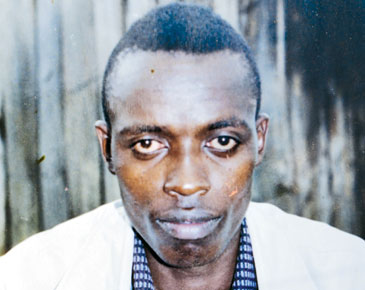×
The Standard e-Paper
Kenya’s Boldest Voice
 |
| Daniel Weru was among 29 people killed by Mungiki |
By PATRICK MATHANGANI and JOB WERU
Kirinyaga, Kenya: One could say that Mutitu, a hamlet of mostly timber houses under banana groves in Kirinyaga County, is Kenya’s saddest village.